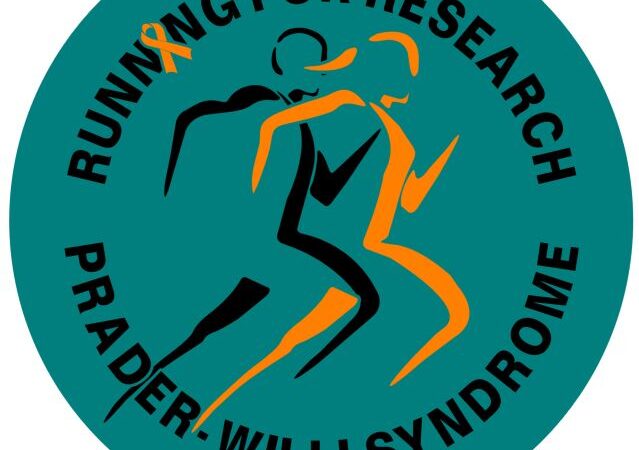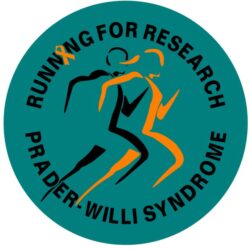According to the National Institutes for Health, there are currently 20 investigational studies (either ongoing or preparing to enroll participants) that are specifically designed for Prader-Willi Syndrome. These studies are spread throughout the world, in places like the US, Canada, France and Taiwan. The topics being investigated include EDS (excessive daytime sleepiness), hyperphagia, behavior moderation, …



